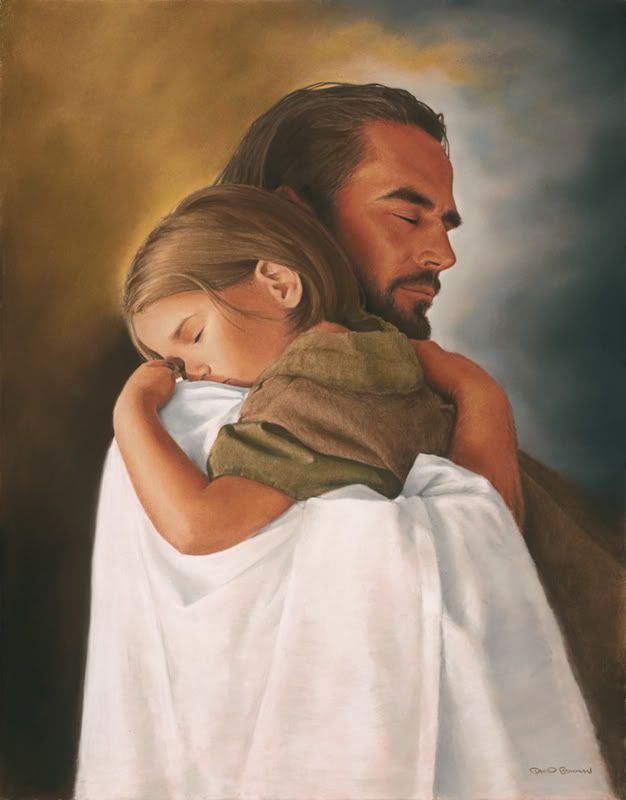 I often hoped God would work a miracle. A miracle would attract crowds. And that would be a chance to preach the Gospel to unbelievers. That’s what happened in Acts 4:11, 12a
I often hoped God would work a miracle. A miracle would attract crowds. And that would be a chance to preach the Gospel to unbelievers. That’s what happened in Acts 4:11, 12a
While the beggar held on to Peter and John,
all the people were astonished and came running to them
in the place called Solomon’s Colonnade.
And when Peter saw it he addressed the people . . .
Peter’s address is the 2nd sermon in “The Acts Eight”—“God Has Glorified His Servant Jesus”.
Glorified and Guilty.
When Peter saw this (all the people running to him), he said to them: “Men of Israel, why does this surprise you? Why do you stare at us as if by our own power or godliness we had made this man walk? The God of Abraham, Isaac and Jacob, the God of our fathers, has glorified his servant Jesus. You handed him over to be killed, and you disowned him before Pilate, though he had decided to let him go. You disowned the Holy and Righteous One and asked that a murderer be released to you (3:12-14).
Faith-healers are spiritual superstars. They exude power beyond the ordinary. And they eat it up. However, when Peter saw starry eyes staring at him , he quickly re-aimed their focus to Jesus.
Speaking to Jews, Peter connected Jesus with “the God of Abraham, Isaac and Jacob”. Jesus was the servant of the God of their fathers. In Jesus, God has continued (and consummated) his saving work begun with the patriarchs. Jesus-crucified, God glorified. Jesus sits at the Father’s right hand in the seat of the universe’s sovereign power. The healed cripple proves it.
At the same time, Peter calls Jesus the servant of God, echoing Isaiah 52:13—“Behold, my servant (wounded for our transgressions—Isaiah 53:5) shall act wisely; he shall be high and lifted up and shall be exalted” (Isaiah 52:13).
Despite their ignorance and God’s fulfillment, Peter’s audience is guilty. They rejected Jesus. Cried, “Crucify him!” Preferred a murderer to God’s Holy and Righteous One.
We don’t use this in-your-face language. We’d rather talk about Jesus filling a void or making our lives better. Jesus is like “Gumout”: add him to your gasoline and your engine runs better. Peter will have none of it. Men and women are guilty sinners.
Jesus’ Name.
You killed the author of life, but God raised him from the dead. We are witnesses of this. By faith in the name of Jesus, this man whom you see and know was made strong. It is Jesus’ name and the faith that comes through him that has given this complete healing to him, as you can all see (3:15,16).
Humans killed “the author (originator, source) of life”. (Would we do differently today?) ” . . . but God raised him from the dead.” Over and over the apostles heralded the news.
“The cripple had been healed because Jesus had been glorified. From His place of exaltation He endowed His disciples with power to act in His name, to perform mighty works such as He had performed in the days of His bodily presence among them” (F.F Bruce, The Book of Acts, p. 88).
Peter must have often passed that cripple at the gate and heard him beg. But on this day he stopped and “directed his gaze at him” (3:4). Perhaps in that moment “the faith that comes through Jesus” came to Peter. And he knew.
“It is Jesus’ name (all that Jesus is) . . . that has given this complete healing to him.” Sadly today’s “faith healers” preen themselves for the spotlight. Peter redirected it on Jesus. The ultimate aim of all miracles is the fame of his great name.
Repent for Remission, Refreshment & Restoration.
“Now, brothers, I know that you acted in ignorance, as did your leaders. But this is how God fulfilled what he had foretold through all the prophets, saying that his Christ would suffer. Repent, then, and turn to God, so that your sins may be wiped out, that times of refreshing may come from the Lord, and that he may send the Christ, who has been appointed for you– even Jesus. He must remain in heaven until the time comes for God to restore everything, as he promised long ago through his holy prophets (3:17-21).
Even though the Jews “acted in ignorance” and even though “this is how God fulfilled what he had foretold”, Peter calls them to “repent”. That sounds like a word from great-grandmother’s generation, but it’s as crucial today as it was in Peter’s. It means to change our mind about whom we thought Jesus was to who he really is. (In this case, the glorified servant of the God of Abraham, Isaac and Jacob.) And we live that repentance out by living as he taught us to.
With repentance, Peter promises . . .
- remission of sins (his audience can be forgiven for preferring a murderer to the Holy and Righteous One!),
- refreshment from the Lord (the gift of the Holy Spirit to live in them, Acts 2:38), and
- the restoration of all things when Jesus comes again with the new creation.
John Newton echoes this Gospel with his wondering words . . .
Alas! I knew not what I did,
But now my tears are vain;
Where shall my trembling soul be hid?
For I my Lord have slain.
A second look He gave, which said:
“I freely all forgive;
This blood is for thy ransom shed;
I die, that thou mayest live.”
Thus, while His death my sin displays
In all its blackest hue;
Such is the mystery of grace,
It seals my pardon too.
With pleasing grief and mournful joy
My spirit now is filled,
That I should such a life destroy,
Yet live through Him I killed.
Ancient Prophecies Fulfilled.
For Moses said, ‘The Lord your God will raise up for you a prophet like me from among your own people; you must listen to everything he tells you. Anyone who does not listen to him will be completely cut off from among his people.’ “Indeed, all the prophets from Samuel on, as many as have spoken, have foretold these days. And you are heirs of the prophets and of the covenant God made with your fathers. He said to Abraham, ‘Through your offspring all peoples on earth will be blessed.’ When God raised up his servant, he sent him first to you to bless you by turning each of you from your wicked ways” (3:22-26).
Peter assures the Jewish crowd what they must know: that Jesus doesn’t do away with the prophets they’ve trusted all their lives; Jesus fulfills their words. The Gospel of Jesus doesn’t oppose God’s Old Testament revelation; the two are bound in holy unity. What God promised through the prophets, he has fulfilled in Jesus—his now-glorified servant.
God, who raised your servant Jesus from the dead,
I don’t want to repeat the sin of that generation;
I don’t want to reject the Holy and Righteous One
for what will kill me in the end.
I confess my sins to you
and trust your servant to forgive, refresh and restore me.
I give my life to Jesus in whom all your prophecies are fulfilled.
I bow with humble and glad heart to your Servant whom you’ve glorified
and pray my life will give him glory too.
For the sake of the name above all names. Amen.










Recent Comments